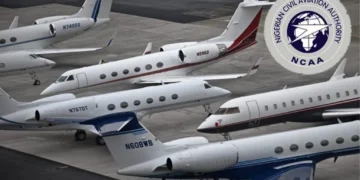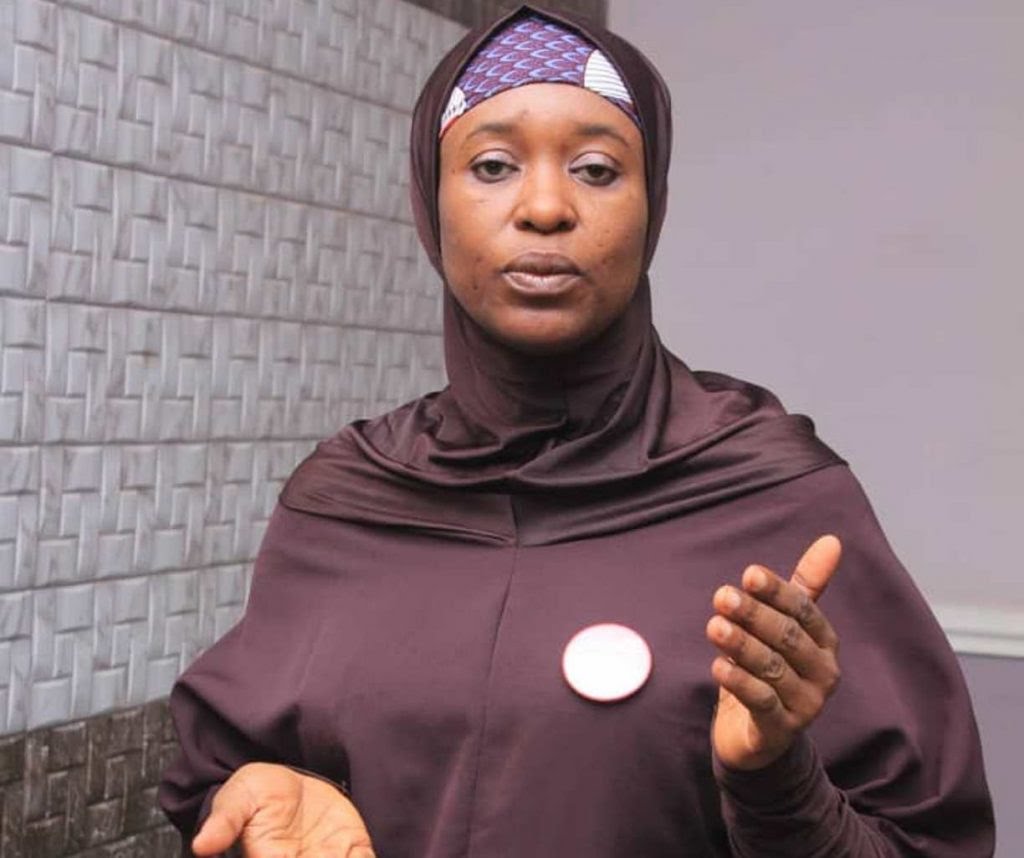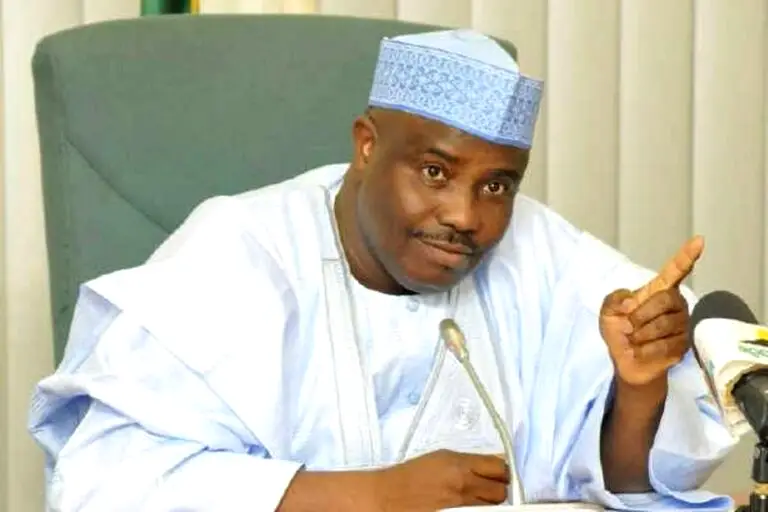By Olawale Olalekan
Prof.Adewale Adisa, a Professor of Surgery at Obafemi Awolowo University Teaching Hospital Complex (OAUTHC) Ile-Ife, has emphasised that minimal access is the gateway that leads to improvement of the surgical outcome and better quality life for surgical patients.
Adisa made the statement during the Obafemi Awolowo University (OAU) 402 Inaugural lecture titled “Minimal Access Surgery: Narrow is the way”, at Odududwa Hall of the University, Ile-Ife.
According to him, the initial cost of acquiring equipments for keyhole operations is high and requires commitment from healthcare policymakers.
The Surgeon explained that the MAS
has great advantages for the patients including reduced trauma to the body, less pain and discomfort, shorter recovery time, shorter hospital stays and lower risk of infection.
He stated further that keyhole operation, reduced blood loss, minimal scarring, improved precision, better cosmetic outcomes, and lower risk of complications.
Adisa said that there is a need for continuous training and capacity building across the entire surgical ecosystem including surgeons, anaesthetists, perioperative nurses and allied professionals so as to prioritise to safeguard the health of both current and future generations.
“The mere fact that the technique is dependent on image generation and transmission to guide the surgeon implies that constant power supply must be guaranteed.
“Two decades ago, power supply was a big challenge in Nigerian tertiary hospitals, but sadly, it is a bigger challenge today than ever before.
“MAS has demonstrated superior outcomes for Nigerian patients, it should therefore be integrated into national policy as a cornerstone for addressing the country’s surgical healthcare needs.
“The future of surgery is being shaped by modern technology and artificial intelligence. Nigeria must act decisively by strategic healthcare investment to close the digital and Infrastructure divide and reduce medical tourism. expressed.
The Consultant Surgeon lamented that
in the developed countries, they used minimal access surgery for all types of their operations , but Nigeria government didn’t buy enough equipment on MAS.
Prof. of Surgeon stated that they don’t have enough trainers on the aspect that’s why their operations still carried 90% open surgery method of their cases.
He maintained that at OAUTHC, God has helped him and his team to performed over 1,400 keyhole operation in the narrow way successfully such as removal of the appendix, gallbladder, colon cancer, gastric cancer, and pancreatic masses among others.
The Consultant Access Surgeon advocated for the adoption of keyhole operations as a public health policy in all public secondary and tertiary hospitals in Nigeria.
The lecturer opined that many affluent Nigerians travel abroad for “medical tourism,” building fun and vacation into receiving care for common ailments can be treated locally.
“But a poor person, who may equally be the breadwinner of the family and often self-employed, undergoes an open operation with prolonged length of hospital stay, delayed return to normal activities, return to work, with catastrophic expenditure from out-of-pocket payments.
“In many instances, families have undergone untold hardships just by undergoing operations. If our society can ensure that poor patients can equitably access laparoscopic surgeries and get the benefits of shorter hospital stays and early return to work, we will be reducing poverty among the poor.
“Sadly, In Nigeria today, many public and private hospitals attach prices to laparoscopy procedures that make it beyond the reach of the average Nigerian”. He stated.
Prof. of Surgery, therefore, appealed to all healthcare policymakers in Nigeria to prioritize MAS in Nigeria.
He believes that there is a need to urgently acquire facilities and embrace training in robotic surgery as they are already way behind the rest of the world.






